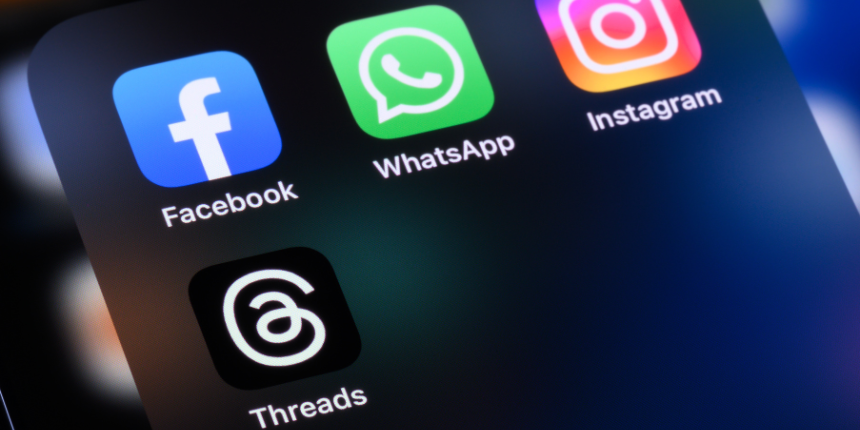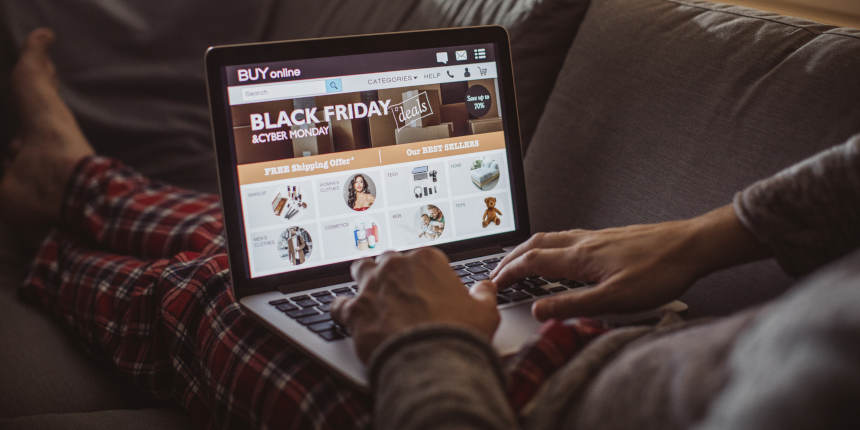
Amplify your reach and drive results with our tailored paid media strategies.

The most wonderful time of the year is almost here, and you know what comes before that: Black Friday! Foot traffic and online transactions will spike suddenly and exponentially—same as every year—as shoppers set their budgets and spend, spend, spend.
But what’s the best way to stand out in a spectacular sales extravaganza? How do you persuade highly motivated customers to decline your competitors’ offers and opt for your products, services, or stores instead? Here are our top paid media tactics for before, during, and after Black Friday 2019.
Let’s cut to the chase: your mission right now is to get people to love your product ahead of time so that they are willing to line up for hours in freezing temperatures (if it comes to that!).
In the weeks leading up to Thanksgiving, adopt an omnichannel approach to capture potential buyers when they’re looking for Black Friday inspiration. Activate every channel that makes sense for your brand or product.
It’s game time, so limber up: you’re going to have to adjust your media spend in the most agile way imaginable. But Thanksgiving week is also when your preparation really starts to pay off, allowing you to customize your messaging for customers depending on where they are within the sales funnel.
Bear in mind that shoppers will begin to narrow down their options. As Black Friday approaches, customers start laser-focusing their research on specific brands and items they want to buy (e.g. “Ashley Furniture Black Friday”) compared to the broader, non-branded searches they were conducting earlier in November (e.g. “Black Friday furniture sale”).

By this point, most online shoppers will be spending most of their time on retail websites. Avoid wasted media dollars by increasing your budgets specifically for products that are on sale this week.
Use dynamic product ads to display single or multi-product ads to customers who have visited your site based on products they viewed, added to the cart, or even purchased previously.
Shopping Ads campaigns are, understandably, a big deal at this time of year because they drive the potential buyers to the product directly. If your offer is good enough, and your website offers a good user experience, you should be in a good spot.
At this point, you’ve built your audience list and gathered valuable customer data on each channel. Now it’s time to follow your potential buyers across the funnel with highly targeted messaging. Because potential buyers almost always have to be reached on more than one touch point before they will buy (yes, even during Black Friday!), your messaging should progress logically from Thinking to Planning to Doing. This will help you move potential buyers to the lower level of the funnel.
Subscribe to our monthly newsletter.
Time is limited and your competitors are pursuing the same goal. Your job is to make life as easy as possible for your potential buyers.
The craziness may have subsided, but you can still squeeze more from Black Friday—after all, there will still be plenty of shoppers who weren’t able to track down the deal they wanted! You don’t need to spend tons of money on it, but keep your Black Friday campaigns live for an extra couple of days to capture these kind of queries. You may be able to drive down your cost per lead since many competitors will have already depleted their budgets or wound down their campaigns.

More importantly, this is the time to run a deep analysis of your sales spike, breaking down numbers into insights. Not the most exciting task, we know, but potentially very lucrative. The question is: what, exactly, should you look at?
Determine which channel drove the most sales—and which was most cost effective. This will help you plan your budget allocation for next year.
Out of all the categories and products you promoted, which one did your buyers prefer? This is going to help you understand which categories and products are best suited to seasonal sales promotions.
Consider your audience segments. Which spent the most overall? Which represents the best return on ad spend? This will help you not only develop and target paid search campaigns for the buyers most likely to be won over, but also inform your longer-term SEO ecommerce strategy for the same audiences.
Understand what kind of messaging and creative resonates best with your customers. Use it to not only inform your future ad designs but shape the overall tone of your brand.
To paraphrase Google, promotion-driven shopping events like Black Friday are no longer anchored to a single day because savvy consumers are now in the driver’s seat. But with an omnichannel approach—from the enterprise level down to hyperlocal moments—it’s easy to help steer your customers in the right direction before, during, and after the world’s biggest shopping spectacle.
Amplify your reach and drive results with our tailored paid media strategies.
Amplify your reach and drive results with our tailored paid media strategies.
Subscribe to our monthly newsletter.